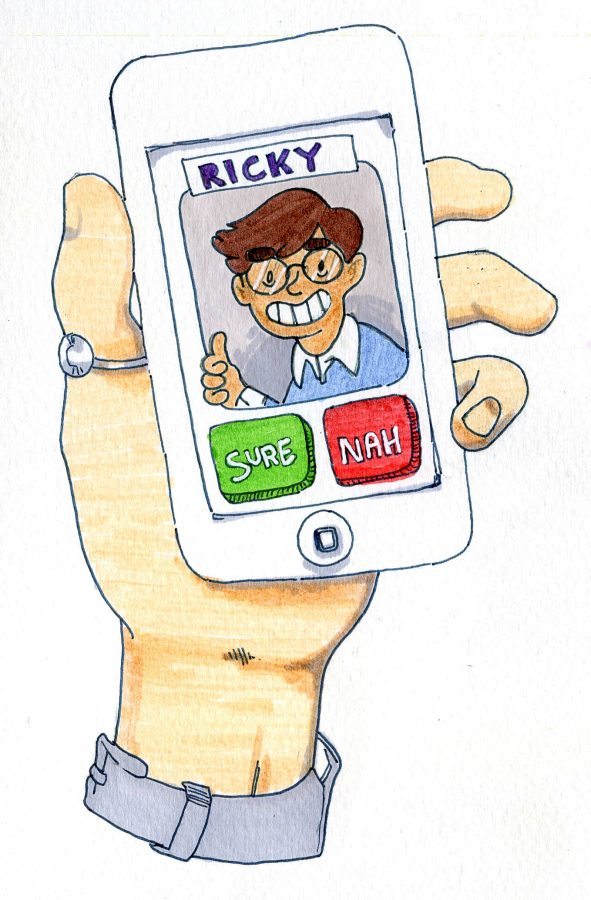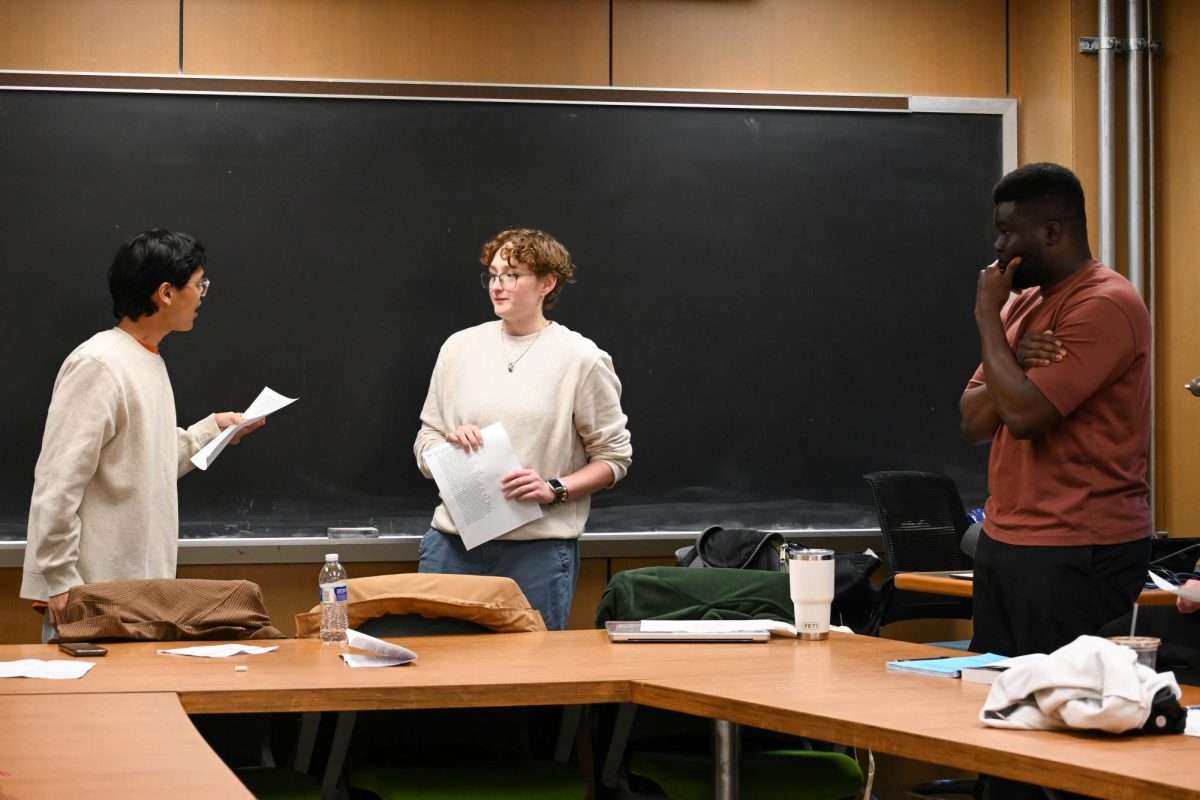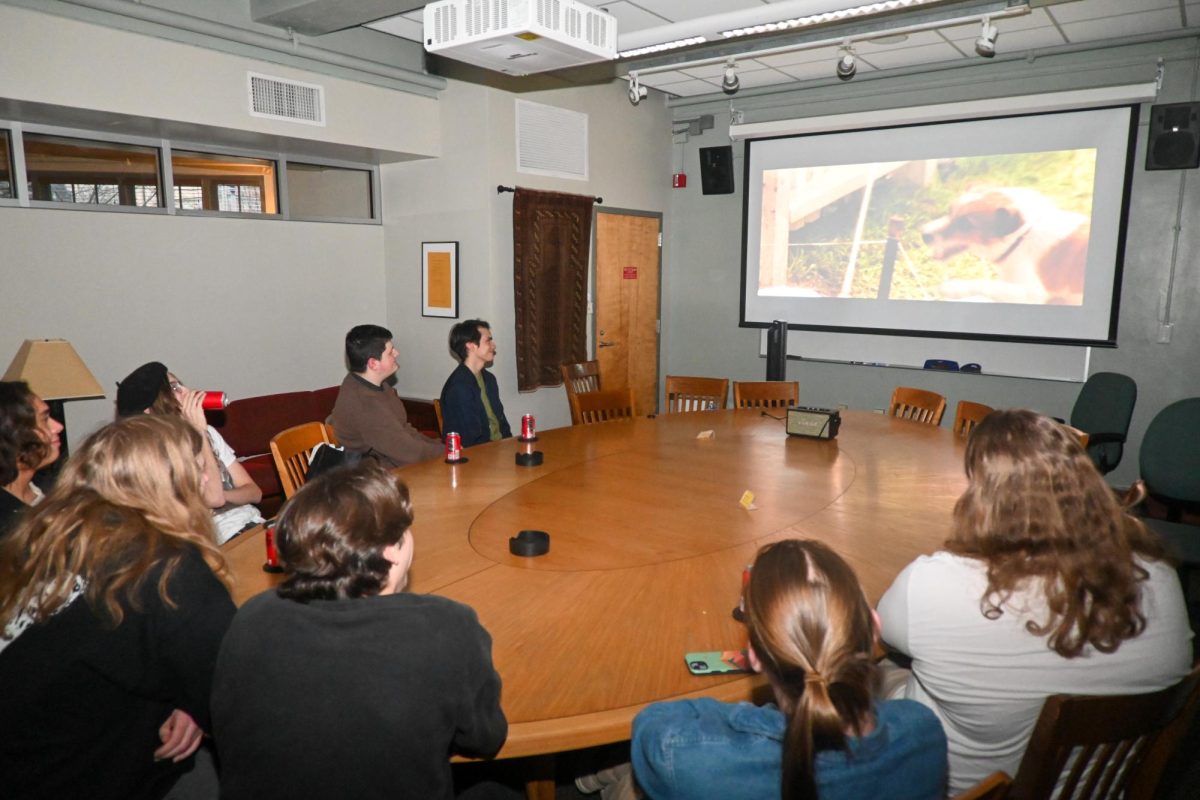When more than 50,000 students are busy hustling from class to class, it can be difficult to get to know anyone. That’s one reason why Tony Daher created Patook, an app designed to help people create platonic friendships.
Patook, which means “little hug” in Armenian according to the company’s website, is formatted similarly to the social (read: hook-up) app Tinder where users “swipe” through potential matches. This concept is nothing new; other friend-making apps such as Tinder Social or Yellow having entered the market, but Patook uses artificial intelligence to ensure things stay platonic.
“It takes one creep to push out 10 good people,” Daher said of his experience making the app. “That was what I noticed, so I thought the main thing we have to address and attack is to make sure it is actually purely platonic and not romantic or hook-ups.”
The software can detect pickup lines, flirtatious language, phone numbers and even prevent a user from sending too many messages in a row. Such messages caught by the software’s chat filters are not sent.
Since its release last July, the app has gained over 80,000 users. Daher said he hopes to market the app to certain university campuses once his platform hits the 100,000 user mark.
Meeting friends online is not unheard of in the 21st century, even among many students at UT, which may explain the app’s surge in popularity.
Government freshman Savannah Anderson-Knight said she made most of her friends through Twitter and almost everyone she knows at school has had a similar experience.
“I don’t know anyone who’s rooming with someone they didn’t meet on Twitter or in a group chat,” Anderson-Knight said. “I think a friend-making app could be useful depending on who uses it. I could definitely see people misuse the app, but for the most part, it would be helpful.”
Patook also focuses on the individual by asking a range of personal questions to connect people with similar interests and with the same pet peeves. Users also have the ability to look for matches based on specific preferences, such as age, personality type and education level.
“Most people have really long profiles with lots of text,” Daher said. “What I’ve seen in other apps is usually just pictures, and people are swiping based on the picture. Patook is much more about who you are than what you look like when people get matched.”
Kim, an accounting senior who recently joined Patook to connect with other people on campus, asked to be referenced by only her first name in order to protect her privacy while using the app.
“I realized that I don’t have many friends who I can hang out or talk with outside of class,” Kim said. “I’m kind of shy, so it’s a bit hard for me to go up to someone in person and start a conversation. I figured that I could try using this app to get a bit more confident and make friends.”
This type of situation is exactly why Daher created Patook in the first place. And after his friends moved to a new city and kept running into flirtatious messages on other social apps, he designed the app to help them.
“If you just moved to another city or a big university, you might want to look for people in that city,” Daher said. “(On Patook,) everyone who is shady or who is not there for friends automatically gets deleted or banned. There’s no monkeying around.”





















